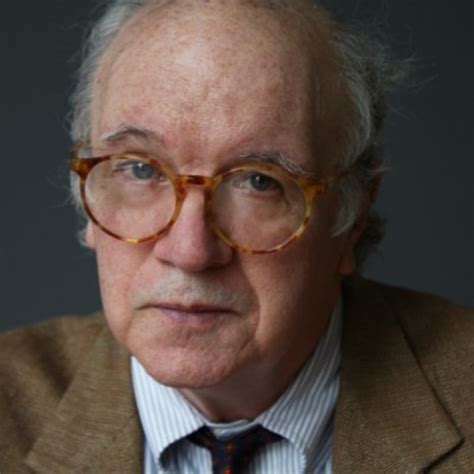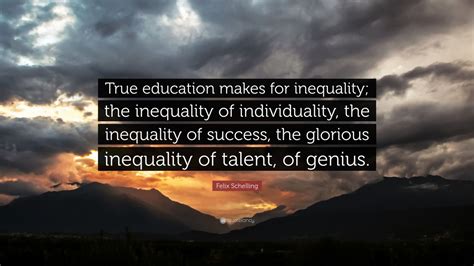A Quote by Thomas B. Edsall
America has tolerated inequality because people think they can get ahead. If you have immobility on top of inequality, then people are not going to be happy campers. If you're stuck on the bottom and there just isn't much churning in society and you're stuck there through your adulthood, that's not a nice life to look forward to.
Related Quotes
The important issue is not how much inequality there is but how much opportunity there is for individuals to get out of the bottom classes and into the top. If there is enough movement upward, people will accept the efficiency of the markets. If you have opportunity, there is a great tolerance for inequality. That has been the saving grace of the American system.
Global inequality is such an abstract concept, simply because there is no global government. Telling people in rich countries who have had no increase in real incomes, stagnant median wages and so on, that on the other hand global inequality is going down because people who are much poorer than them are getting richer - it's something that maybe they would like in an abstract sense, because everyone is happy there are fewer poor Chinese, but you may not be as happy if these Chinese are taking your job.
I think I understand the relationships between different people within the company: people who are straightforward employees, people who can impact the bottom line, and people who share in the bottom line. I don't think you can understand inequality in America unless you understand what's driving profitability.
There have always been two theories about inequality. One is that it reflects just deserts. The other is that there are large elements of exploitation and inequality of opportunities. The evidence is overwhelmingly that the increase in inequality is associated with those negative factors. If it were all social contribution, then when the top did better, they would be contributing to everybody's well-being. That trickle-down hasn't happened. We've seen median income, people in the middle, actually worse off than they were 25 years ago.
Most people believe that inequality is rising - and indeed it has been rising for a while in a number of rich countries. And there is lots of talk and realization of this. It's harder to understand that at the same time, you can actually have global inequality going down. Technically speaking, national inequality can increase in every single country and yet global inequality can go down. And why it is going down is because very large, populous, and relatively poor countries like India and China are growing quite fast.
In the U.S. when people like me started writing things about inequality, the economic journals had no classification for inequality. I couldn't find where to submit my inequality papers because there was no such topic. There was welfare, there was health issues, there was trade obviously. Finance had hundreds of sub groups.
There are some people who say that they?re concerned only with poverty but not inequality. But I don?t think that is a sustainable thought. A lot of poverty is, in fact, inequality because of the connection between income and capability?having adequate resources to take part in the life of the community.





























